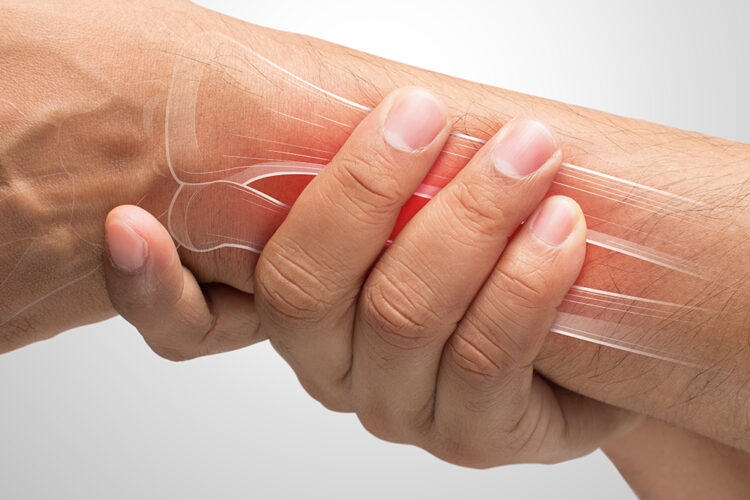Osteoporosis is a bone condition characterized by a decrease in bone density, which leads to an increased risk of fracture. Nutrition plays a vital role in managing and preventing osteoporosis, and some foods are more beneficial than others in promoting bone health. In contrast, certain foods can contribute to bone density loss. Let’s explore the good and bad food for osteoporosis.
Good Foods for Osteoporosis
1. Dairy Products:
Dairy products such as milk, yogurt, and cheese are rich in calcium and vitamin D, both essential nutrients for bone health. These nutrients work together to strengthen bones and help prevent the onset and progression of osteoporosis.
2. Leafy Green Vegetables:
Leafy green vegetables like spinach, kale, and collard greens are also excellent sources of calcium and other vital minerals that help strengthen bones.
3. Fatty Fish:
Fatty fish like salmon, mackerel, and sardines are rich in omega-3 fatty acids and vitamin D, which are crucial for bone health. They help in the absorption of calcium and improve bone density.
4. Nuts and Seeds:
Almonds, chia seeds, and flaxseeds are good sources of calcium, omega-3 fatty acids, and other essential nutrients that support bone health.
5. Fortified Foods:
Certain foods are fortified with calcium and vitamin D, such as orange juice, cereal, and tofu. These can help individuals meet their daily nutrient requirements.
Bad Foods for Osteoporosis
1. Salty Foods:
Excessive salt intake can lead to calcium loss and subsequently bone loss. It is advised to limit the consumption of salty foods like processed foods, canned soups, and salty snacks.
2. Caffeinated Beverages:
Excessive caffeine intake can interfere with the body’s ability to absorb calcium, leading to weakened bones. It is advised to moderate the consumption of caffeinated beverages like coffee, tea, and soft drinks.
3. Alcohol:
Excessive alcohol consumption can negatively affect bone health, leading to bone loss and increased fracture risk. It’s important to limit alcohol intake to ensure healthy bones.
4. Soft Drinks:
Soft drinks, especially cola, can contribute to lower bone mineral density because they often contain phosphoric acid, which can leach calcium from the bones.
5. Oxalate-Rich Foods:
Foods high in oxalates, such as spinach and rhubarb, can bind with calcium and prevent it from being absorbed by the body. While they are healthy in other regards, individuals with osteoporosis should not rely on them as their primary source of calcium.
Conclusion
In conclusion, managing nutrition is essential for preventing and managing osteoporosis. Including a variety of calcium and vitamin D-rich foods while limiting the intake of foods and beverages that can interfere with calcium absorption is a wise nutritional strategy for promoting optimal bone health. Before making any significant dietary changes, it is always best to consult a healthcare provider or a registered dietitian.

